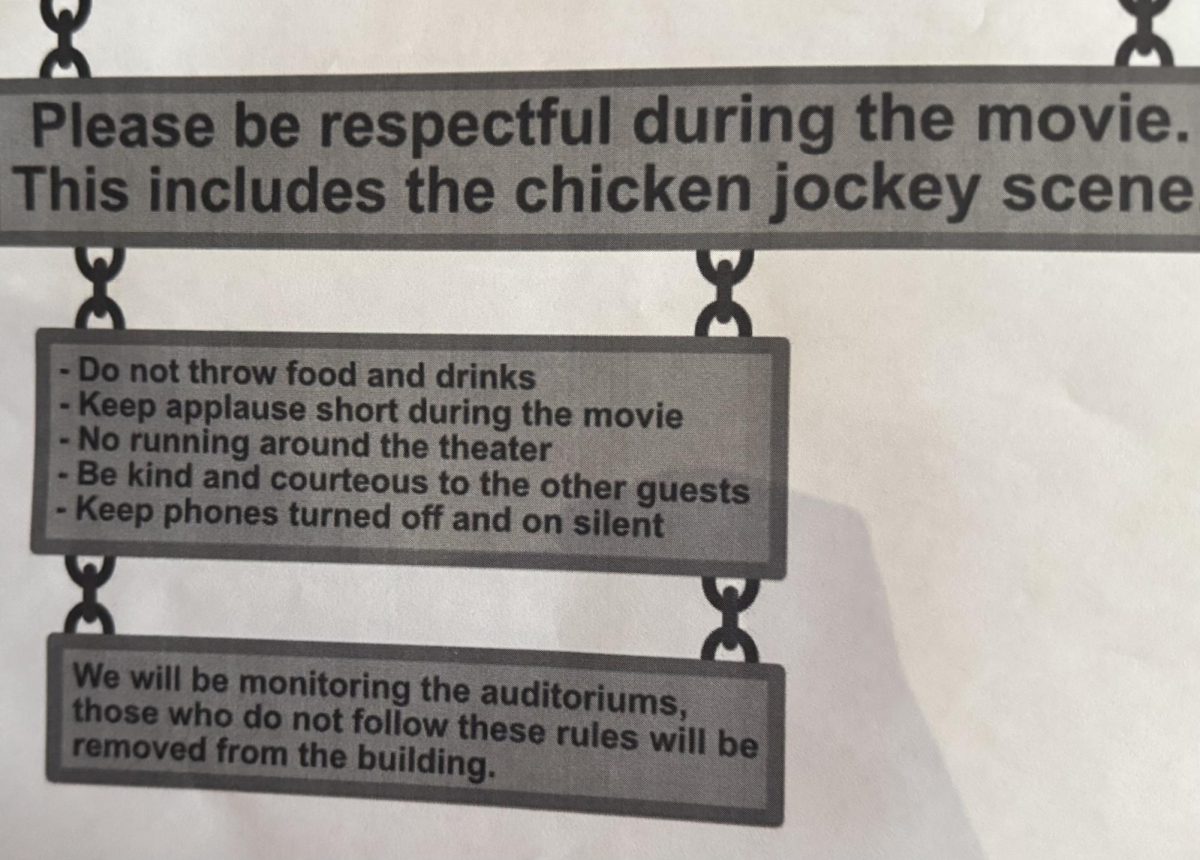Political correctness may not be all that it’s cracked up to be. There, I said it. Though proponents of political correctness want to avoid excluding, marginalizing, and offending certain groups, political correctness creates an elaborate code of social behavior which is often militantly and didactically policed, paradoxically marginalizing those who do not comply, and therefore limiting discussion on important issues.
Certainly not every socially conscious, PC-abiding person chooses to police language. However, as increasing numbers of well-intentioned people become aware of the troubling histories and connotations of their words, policing starts to feel important. When you’re aware of the discriminatory connotations of certain words and phrases, how can you permit them to be said? This is especially true in communities like Macalester where inclusion and social consciousness are so important.
But sometimes it’s hard to know where to draw the line. When do you let something pass without interrupting and instructing on the “proper” way to say it? Is it ok to use the phrase “rule of thumb,” though it points to the history of permissible domestic violence? Is it ok to say “f*** you” even jokingly, though the expression clearly threatens non-consensual sex? Soon every sentence is subject to scrutiny.
Such constant attention to “correctness” backed by the enormous normative influence we have given that correctness instills fear. The issue becomes one of intimidation and social power — who is right and who is wrong? The hot-button subjects political correctness often deals with make the stakes for this question particularly high. Perhaps the question really being asked on our campus is “who is progressive, open-minded and inclusive, and who is stuck in a rut, insensitive and ignorant?”
Under this kind of pressure, we are hard-pressed to do anything but cave to normative influence. And we do, adapting PC language into our everyday speech. Studies have shown that whites shy away from identifying blacks by their skin color even when skin color is a crucial characteristic to differentiate one person from someone else. When we’re not sure if what we have to say will be deemed inappropriate, we don’t say anything at all. And in that case, how can discussion take place?
Most of us want to be respectful, inclusive and careful about sensitive subjects. We agree that there are things that shouldn’t be said in most contexts: the N-word, the derogatory terms “fag,” “Jewed” and “Gypped” among others. But what about the blurrier areas? Sometimes it’s unclear how things should be said. Other times we hold beliefs incongruous to those deemed strictly permissible. If there is not space for “mistakes” to be made and for other opinions to be voiced, discussion is stifled. Everyone with a different view or an uncertain opinion shuts up.
We risk ending up pluralistically ignorant, convinced that everyone in our community agrees on hot-button issues and approves of this rigid code of language when in fact, more people may actually be interested in open dialogue. We all begin to sound the same, falling into groupthink patterns and regurgitating what we know is acceptable to avoid controversy and judgment. We end up dismissing the opinions of conservatives, belittling those unfamiliar with political correctness and ultimately suffocating debate with rules that predetermine our conclusions.
We need to ask ourselves: what are our goals in establishing political correctness? If the answer is to maintain a socially constructive community, to listen to each other, to learn to respect differences, to support diversity and to generate discussion, then there is no place for this imperious, absolutist form of political correctness.
On the contrary, we should refrain from immediately appealing to the standards of political correctness in debate, as the powerful norms established by political correctness shut down conversation with a clear right-wrong dichotomy. Instead we should hash out these ideas for ourselves, working together to decide what we believe about issues of power and discrimination. We should strive to be both authentic and sensitive, but also forgiving of “mistakes” in order to reduce the fear of speaking up. And perhaps most simply, we need to practice good listening, withholding judgments until we are sure we understand the other’s opinion and placing more value on that opinion than on linguistic specifics.







Tim MacDonald • Sep 12, 2019 at 12:43 am
It’s perfect time to make a few plans for the long run and it’s time to be happy. I have learn this submit and if I may I want to suggest you some fascinating things or advice. Maybe you can write next articles regarding this article. I want to learn even more issues about it!
Stephanie Dyer • Sep 10, 2019 at 6:11 pm
Wow, amazing blog layout! How long have you been blogging for? you make blogging look easy. The overall look of your website is magnificent, let alone the content!
Nicholas Lee • Sep 5, 2019 at 11:39 am
Very informative and excellent bodily structure of subject material, now that’s user friendly (:.